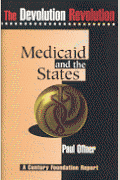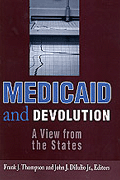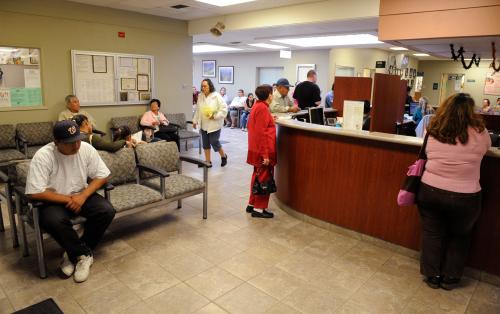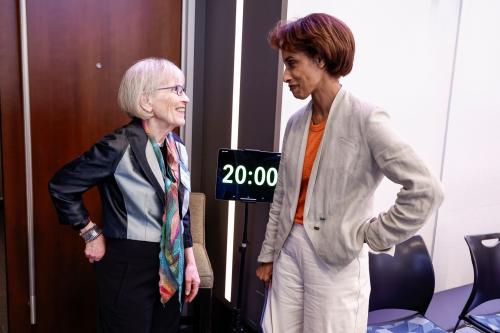What’s the latest in health policy research? The Essential Scan, produced by the USC-Brookings Schaeffer Initiative for Health Policy, aims to help keep you informed on the latest research and what it means for policymakers. If you’d like to receive the biweekly Essential Scan by email, you can sign up here.
Premiums and Contributions Continue to Rise for Employer Sponsored Healthcare
Study by:Gary Claxton, Matthew Rae, Michelle Long, Anthony Damico, and Heidi Whitmore
In the latest annual update to the Kaiser Family Foundation’s Employer Health Benefits Survey, researchers observed further increases in premiums for single and family coverage and increased enrollment in high deductible health plans (HDHPs). Specifically, the average annual premium for single coverage rose 3 percent to $6,896 and the average annual premium for family coverage rose 5 percent to $19,616. Although HDHP adoption rates only increased by 1 percent from 2017, for 28 percent of employees at a large firm and 63 percent of employees at small firms, a HDHP was the only insurance option their firm offered. The number of covered workers who face an annual deductible also increased by four percent to 85 percent. The authors of the report warn that the increasing prevalence of self-funded plan options could lead to higher premiums for the fully-insured portion of the small group market and that the repeal of the individual mandate could negatively affect take-up rates in years to come. Full study here.
Average Annual Premiums for Single and Family Coverage, 1999-2018
 Distribution of Health Plan Enrollment for Covered Workers, by Plan Type, 1988-2018
Distribution of Health Plan Enrollment for Covered Workers, by Plan Type, 1988-2018

Concentration in Cardiology Markets Associated with Higher Prices and Lower Quality of Care
Study by: Thomas Koch, Brett Wendling, and Nathan E. Wilson
In recent years local markets for physician services have become increasingly concentrated. A new study uses Medicare claims and enrollment data to examine the effect of cardiology market structure on utilization and health outcomes for four patient populations—those treated for hypertension, a chronic cardiac condition, an acute cardiac condition, or an acute myocardial infarction (AMI). The study found that higher market concentration is associated with higher total expenditures and worse health outcomes. In three of the sample populations, patients residing in a zip code at the 75th percentile of cardiology market concentration were found to have a 5 to 7 percent greater chance of risk-adjusted mortality as compared with identical patients in a zip code at the 25th percentile of market concentration. Researchers also found that there was a 7 to 11 percent increase in expenditures when moving from the 25th percentile to the 75th percentile of market concentration. The negative correlation between concentration and quality of care found in this study indicates that antitrust agencies have reason to be concerned about the effects of consolidation in physician markets on the price and quality of healthcare services. Full study here.
Medicaid Managed Care Plan Type Not Associated with Differences in Continuity of Coverage
Study by: Sarah H. Gordon, Yoojin Lee, Chima D. Ndumele, et al.
Distinct features of managed care plans may influence continuity of Medicaid enrollment, which is important for provision of Medicaid services, spending, and patient outcomes. A new study examines the impact of managed care plan type on continuous enrollment in Medicaid, leveraging the random assignment of Medicaid enrollees into two managed care plans following the exit of an insurer in one state. The researchers found no significant differences in continuity of coverage between enrollees who were randomly assigned to a mixed, national for-profit plan that serves both Medicaid and commercial populations compared to a Medicaid-focused, local nonprofit plan. The researchers found the main predictors of longer enrollment in Medicaid were greater outpatient utilization and a special healthcare need among children. Given their findings, the researchers conclude, “Random assignment has the potential to balance insurance enrollment across managed care plans and is one equitable strategy for policymakers to implement when auto-assigning enrollees.” Full study here.












Commentary
The essential scan: Top findings in health policy research
November 15, 2018